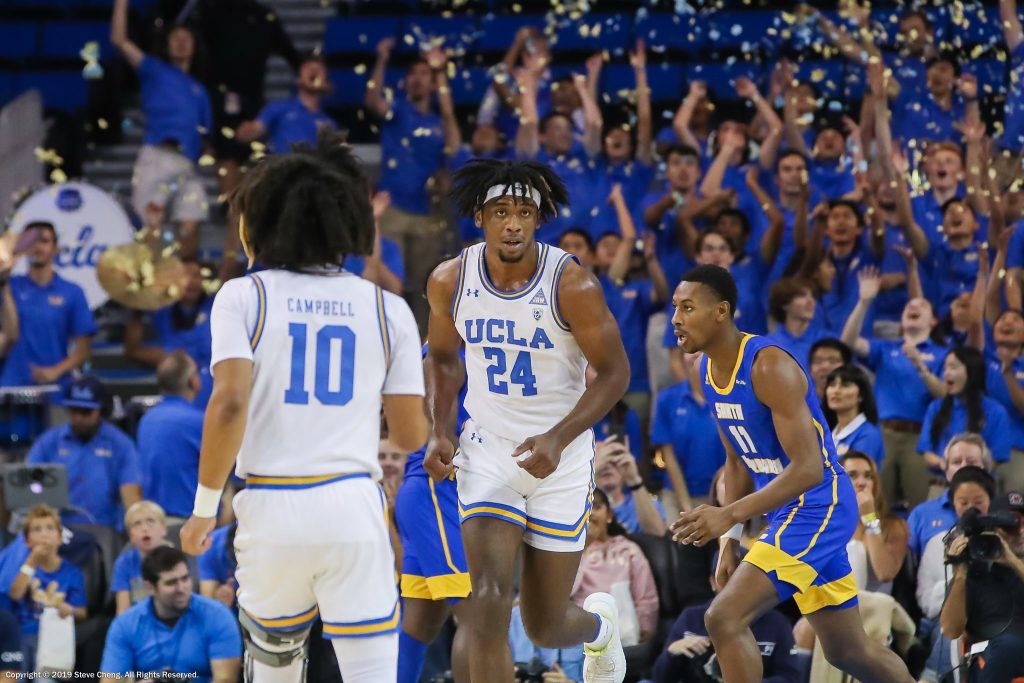How Universities are Helping Student-Athletes Have a “Typical” College Experience

College athletes are often in the news for their on-field achievements or for profiting from their NIL deals. However, what is often overlooked is that these students are also navigating a full academic course load while balancing the rigorous demands of their sport, which can feel like a full-time job. To help these students succeed, many universities are providing a wide range of resources to ensure they have a well-rounded and successful college experience.
Academic Support
At Division I universities, student-athletes face a unique set of academic challenges. For them, a full-time course load is paired with practices, weight training, travel, and competition. To manage this demanding schedule, many universities offer tailored academic support. One of the most critical resources is priority class registration, which allows athletes to select courses that align with their practice and competition schedules. This policy, implemented by the UC board of trustees in 2016, ensures that athletes can meet their academic requirements without frequent conflicts.
In addition to priority registration, student-athletes often have access to dedicated academic advisors for their specific sport. These advisors help create quarterly schedules and ensure that students stay on track to meet their academic goals. For example, a UC Riverside track and field athlete noted that their academic advisor helps them balance their rigorous schedule and ensures their “main priority is doing well in the classroom.”
This academic support system is especially important for athletes who have scheduling conflicts with classes or exams due to travel. Many schools, including UC Davis and San Diego State, have policies that allow academic advisors to proctor exams on the road. While some professors may be less accommodating, as one UC Riverside athlete noted, the support of athletic department staff can make a significant difference.
Professional Development
Beyond academics, many athletic programs are now focusing on helping students prepare for life after college. At UC Berkeley, the new interim executive director of the Athletic Study Center is a former Cal football player and Hall of Famer himself, bringing a personal perspective to the role. His mission is to focus on the “holistic development” of student-athletes, including character and leadership development, along with career coaching.
Other schools have also created specific programs to help with career success. At UC Davis, the EVO program provides clinics for every year of undergraduate education that focus on career development. These sessions help students prepare an elevator pitch, write a resume, and create a strong LinkedIn profile. Similarly, San Diego State’s Aztecs Going Pro initiative, which began in 2015, includes courses on civic engagement, personal growth, and career development.
These programs acknowledge that the self-discipline and time management skills required of student-athletes are highly valuable in the professional world. The goal is to ensure that by the time they graduate, student-athletes are not only prepared with a degree but are also equipped with the networking and professional skills needed to launch a successful career or pursue graduate school.
A New Mindset
As one student-athlete put it, “Being a college student is hard in itself, but being a college student-athlete is a whole different ballgame.” The added stress and physical demands can be exhausting, and some athletes have found a need to create their own support systems. One student at UC Riverside became the president of the Student Athletic Advisory Committee to advocate for her peers and create spaces for mental health support.
The integration of academic support, professional development, and personal growth resources is helping to redefine the student-athlete experience. These programs are not just about helping students get through college; they are about setting them up for a lifetime of success, both on and off the field. By providing a comprehensive support system, universities are ensuring that their student-athletes are not just celebrated for their athletic prowess but are also prepared to become independent, self-reliant adults.

